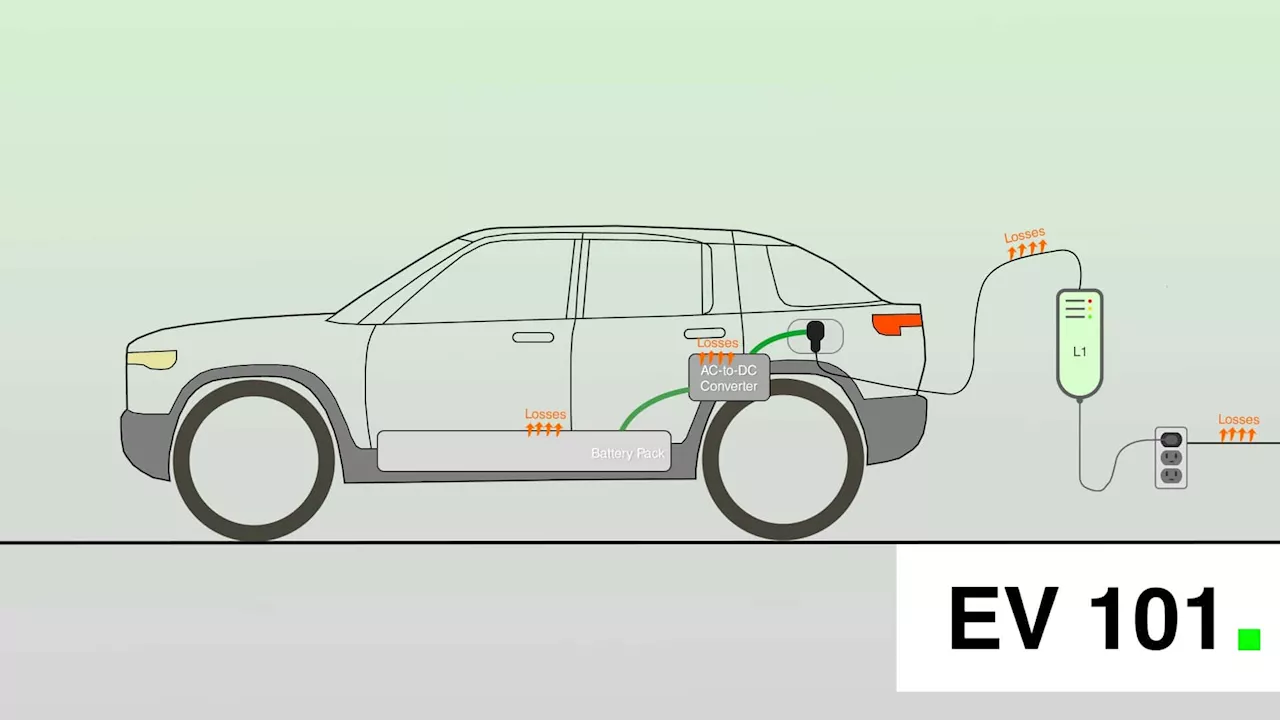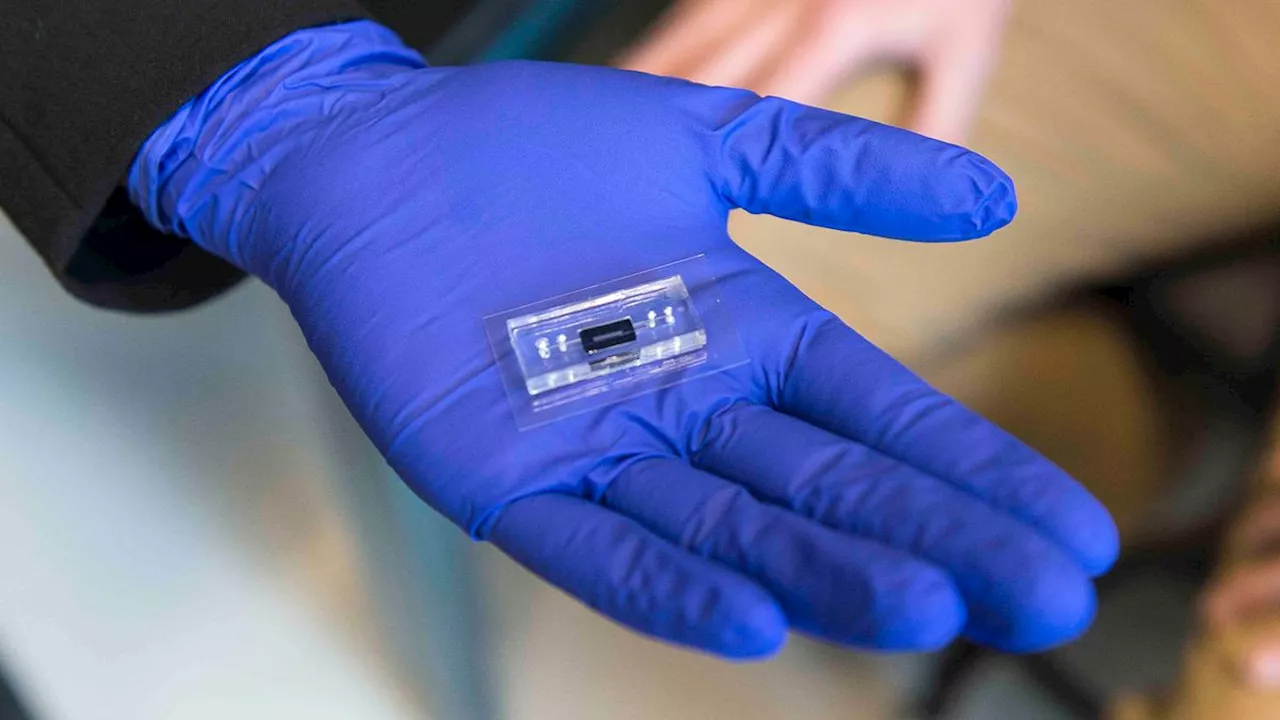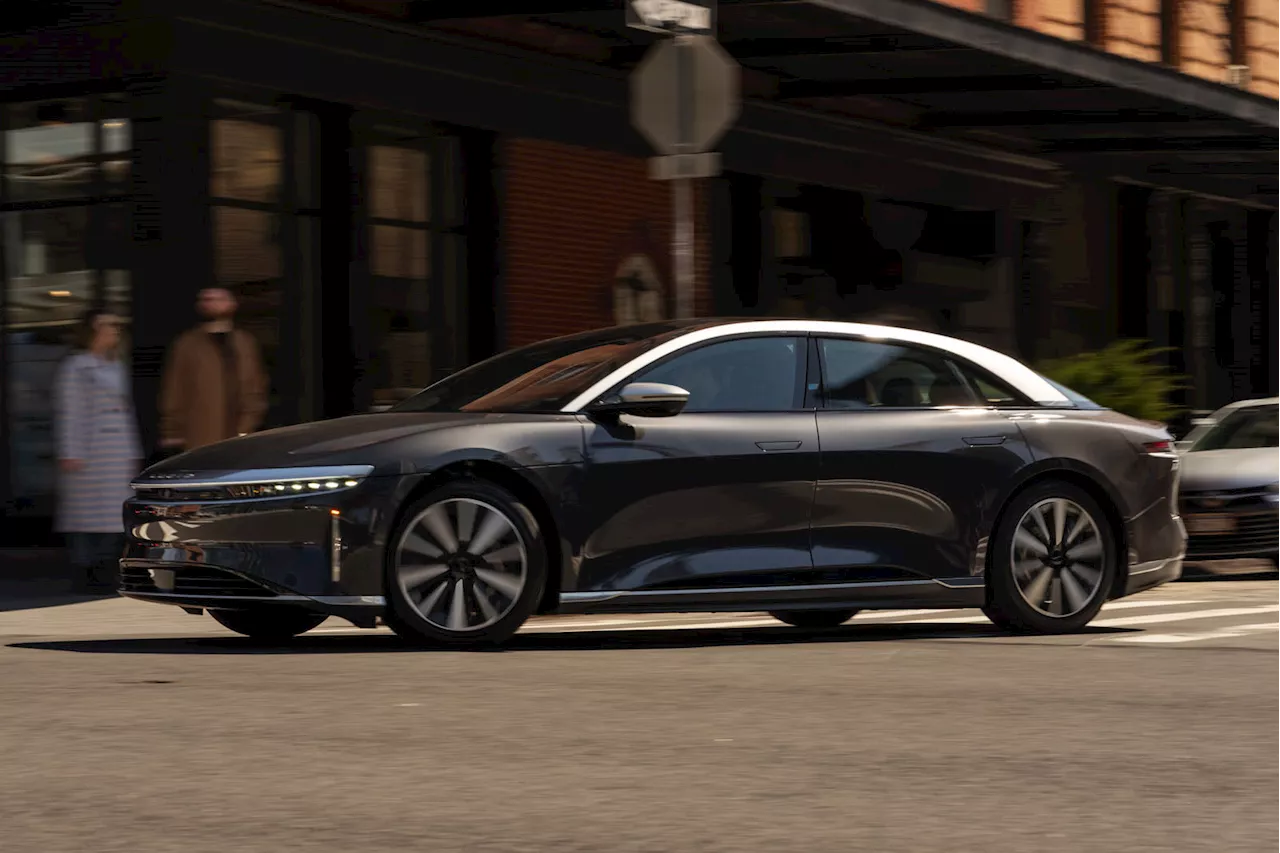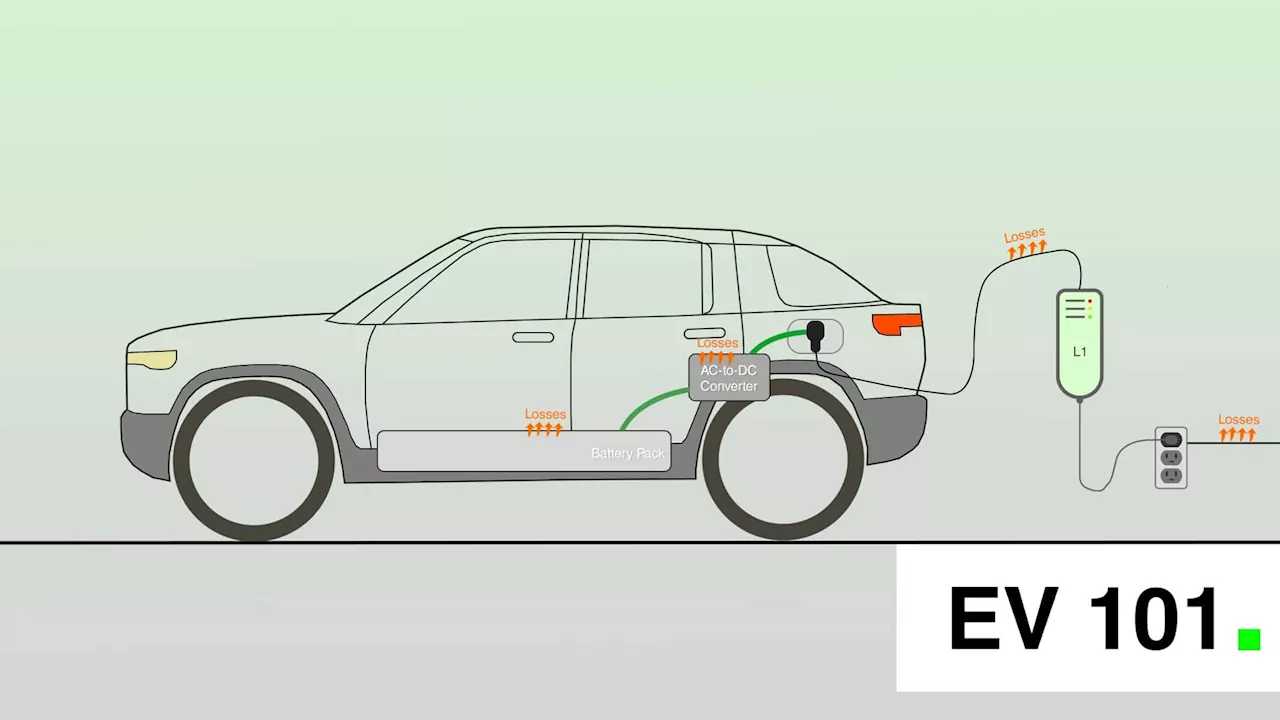When you charge your EV from any type of charger, there are inevitable losses, but they differ depending on the level of the charger used.
How much of the electricity you’re paying for when charging your EV actually ends up in its battery? This may not be a question you ever posed to yourself, but the simple answer is “not all of it.” Whenever you move electricity from one place to another, there are inevitable transmission losses. The further away you have to transmit it, the higher the losses, and if you’re wondering where that lost electricity goes, well, it turns into heat that dissipates.
Some of the electricity lost is simply attributed to what is known as “transmission losses,” some of it is lost to heat, and some is used to keep the battery temperature optimal during charging. In another test, ADAC found that simply plugging an EV into a household socket had even bigger losses than using a wall box. When charging the Renault Zoe without a wall box, it recorded losses of 24.2 percent, and this went down considerably to 9.7 percent when an 11 kW wall box was used.
Singapore Latest News, Singapore Headlines
Similar News:You can also read news stories similar to this one that we have collected from other news sources.
 How Efficient Is Each Type Of EV Charger?When you charge your EV from any type of charger, there are inevitable losses, but they differ depending on the level of the charger used.
How Efficient Is Each Type Of EV Charger?When you charge your EV from any type of charger, there are inevitable losses, but they differ depending on the level of the charger used.
Read more »
 How Atmosic’s energy-efficient chips are forging a battery-free futureEveryone can appreciate the convenience aspect of battery-free power for IoT, regardless of their views on global warming.
How Atmosic’s energy-efficient chips are forging a battery-free futureEveryone can appreciate the convenience aspect of battery-free power for IoT, regardless of their views on global warming.
Read more »
 New DNA-infused computer chip can perform calculations and make future AI models far more efficientKeumars is the technology editor at Live Science. He has written for a variety of publications including ITPro, The Week Digital, ComputerActive, The Independent, The Observer, Metro and TechRadar Pro. He has worked as a technology journalist for more than five years, having previously held the role of features editor with ITPro.
New DNA-infused computer chip can perform calculations and make future AI models far more efficientKeumars is the technology editor at Live Science. He has written for a variety of publications including ITPro, The Week Digital, ComputerActive, The Independent, The Observer, Metro and TechRadar Pro. He has worked as a technology journalist for more than five years, having previously held the role of features editor with ITPro.
Read more »
 Towards the selective and energy-efficient synthesis of ethylene via carbon dioxide reductionThe synthesis of carbon-based chemicals via the electrochemical reduction of carbon dioxide (CO2) has become the key objective of numerous recent energy research efforts.
Towards the selective and energy-efficient synthesis of ethylene via carbon dioxide reductionThe synthesis of carbon-based chemicals via the electrochemical reduction of carbon dioxide (CO2) has become the key objective of numerous recent energy research efforts.
Read more »
 Lucid chief: highly-efficient EVs the 'holy grail' for decarbonisationPeter Rawlinson sets target of 6.2mpkWh to cut battery sizes and "save the planet"
Lucid chief: highly-efficient EVs the 'holy grail' for decarbonisationPeter Rawlinson sets target of 6.2mpkWh to cut battery sizes and "save the planet"
Read more »
 Alabama called first nitrogen execution 'humane' and efficient': experts disagree'Tonight ... marked the first time in the nation that nitrogen hypoxia was used as the method of execution ...an effective and humane method of execution.'
Alabama called first nitrogen execution 'humane' and efficient': experts disagree'Tonight ... marked the first time in the nation that nitrogen hypoxia was used as the method of execution ...an effective and humane method of execution.'
Read more »
